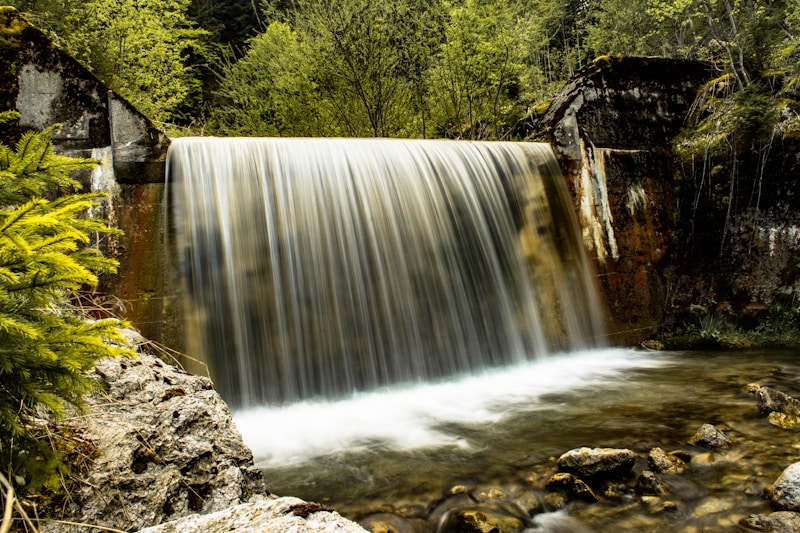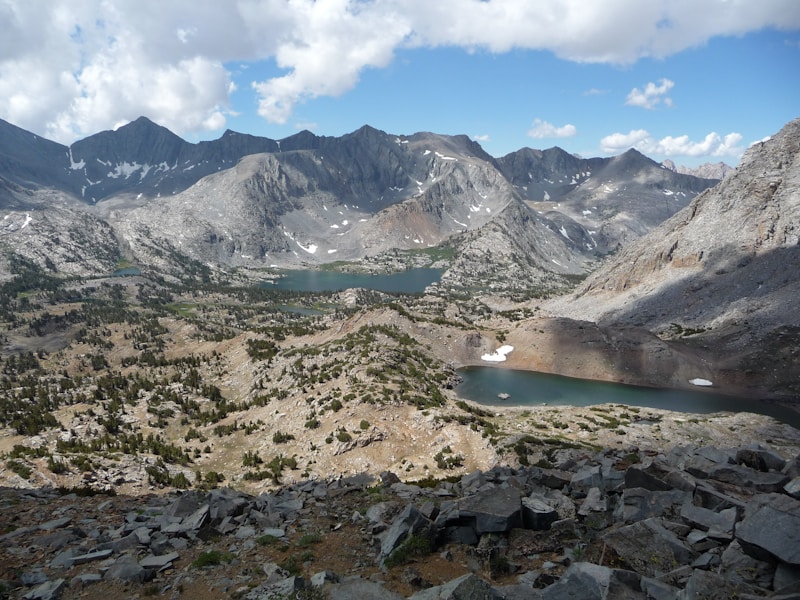Questions and Answers
What is the main focus of physical geography?
Investigation of Earth's natural features and processes
Which of the following is NOT an essential skill for a research assistant in physical geography?
Data Science
Where can physical geography research assistants find work?
Government agencies
Which course is recommended for a well-rounded education in physical geography?
Signup and view all the answers
What tool is commonly used by research assistants in physical geography for data analysis?
Signup and view all the answers
How can a research assistant in physical geography contribute to the field?
Signup and view all the answers
Study Notes
Unlocking Physical Geography's Secrets
Physical geography is a captivating branch of the field, delving into the Earth's natural features and processes. As a research assistant, you'll find yourself immersed in this realm, contributing to a diverse range of projects that enrich our understanding of the planet's physical systems.
The Physical Geography Landscape
Physical geography explores the natural world, focusing on earth's formation, landforms, atmospheric patterns, water bodies, and ecological systems. It encompasses the study of climate, soil, and vegetation, as well as the interactions between these elements.
A Researcher's Perspective
A research assistant's role in physical geography can involve:
- Assisting with data collection via fieldwork or satellite imagery
- Utilizing tools like Geographic Information Systems (GIS) and Remote Sensing
- Analyzing data and generating visualizations and maps
- Collaborating with other researchers and presenting findings
Essential Skills
To excel as a research assistant in physical geography, you'll need to be proficient in:
- Quantitative and Qualitative Methods
- Physical Geography
- Human Geography (for interdisciplinary projects)
- Field Methods
- Geospatial Technologies (GIS, Remote Sensing)
- Regional Geography
Recommended College Courses
A well-rounded education in physical geography will typically include:
- Introduction to Physical Geography
- Fundamentals of Geographic Information Systems
- Natural Resources Use and Management
- Global Environmental Change
- Location Analysis
- Qualitative Methods
- Regional Geography
- Environmental Management
Applied Experience
Physical geography research assistants can find work in a variety of settings, including:
- Government agencies
- Universities and research institutions
- Environmental consulting firms
- Nonprofit organizations
- Private industry
A Career Built on Questions
By asking questions and applying geographic approaches, you can have a meaningful impact on many fields, such as:
- Environmental science
- Climate change research
- Agriculture and resource management
- Geographic information systems (GIS)
- Natural hazards and disaster mitigation
Physical geography research assistants are critical to advancing our understanding of the Earth and its complex systems. With the right skills and dedication, you'll be well-positioned to contribute to this dynamic and essential field.
Studying That Suits You
Use AI to generate personalized quizzes and flashcards to suit your learning preferences.
Description
Test your knowledge on the roles, skills, and career paths of a physical geography research assistant. Explore essential topics such as data collection, geospatial technologies, and interdisciplinary projects in this field.



